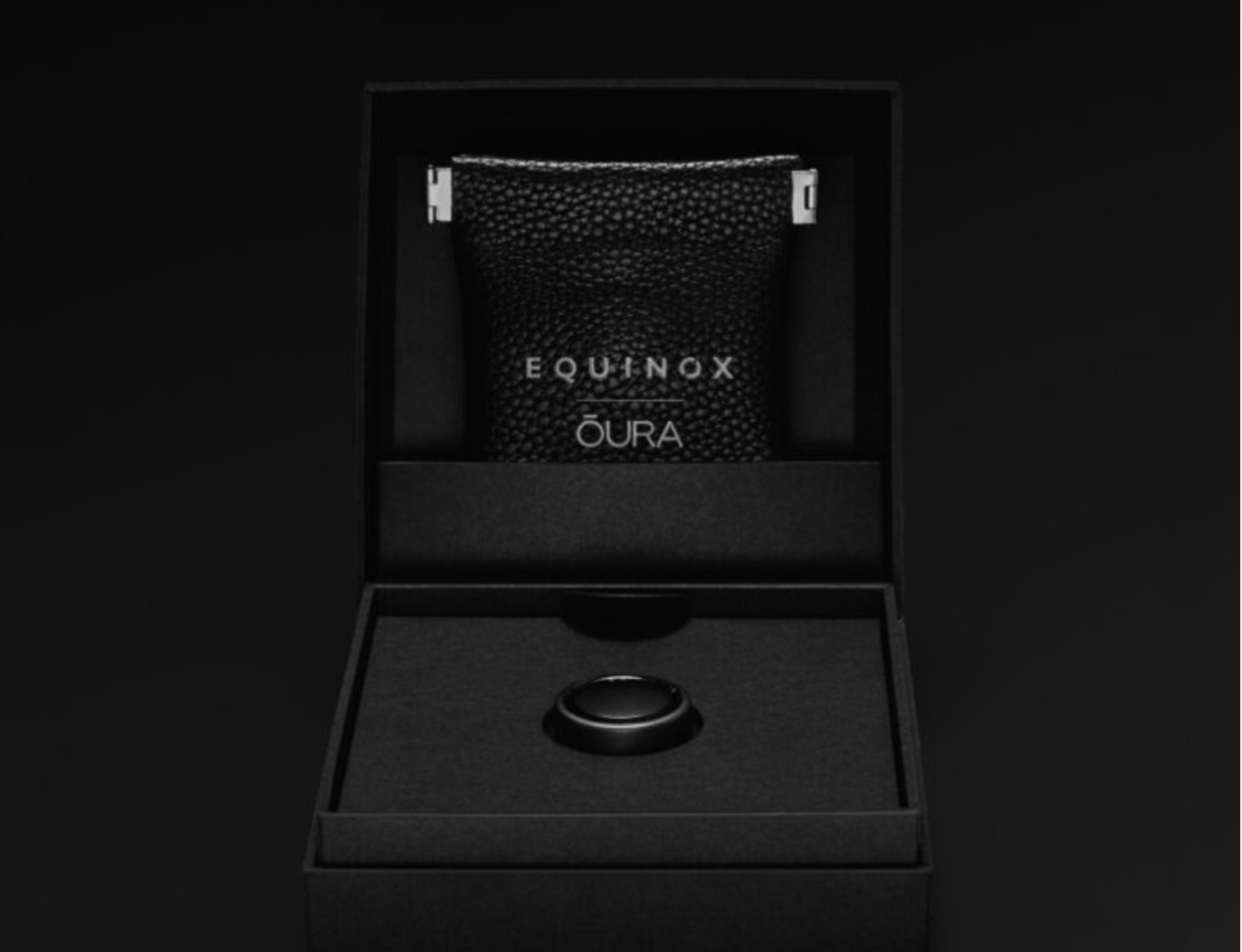Your Oura Ring Might Be Snitching (But Probably Isn't?)
How a boring corporate announcement triggered the health data privacy apocalypse
* Image of Equinox x OURA custom ring with ring cover from a partnership I created last year *
Last week, OURA announced they're setting up U.S. manufacturing for defense business. What should have been boring corporate news triggered a privacy meltdown that made TikTok users dramatically ditch their rings and spiral about data sales to Palantir (they're…
Keep reading with a 7-day free trial
Subscribe to In Search Of to keep reading this post and get 7 days of free access to the full post archives.



